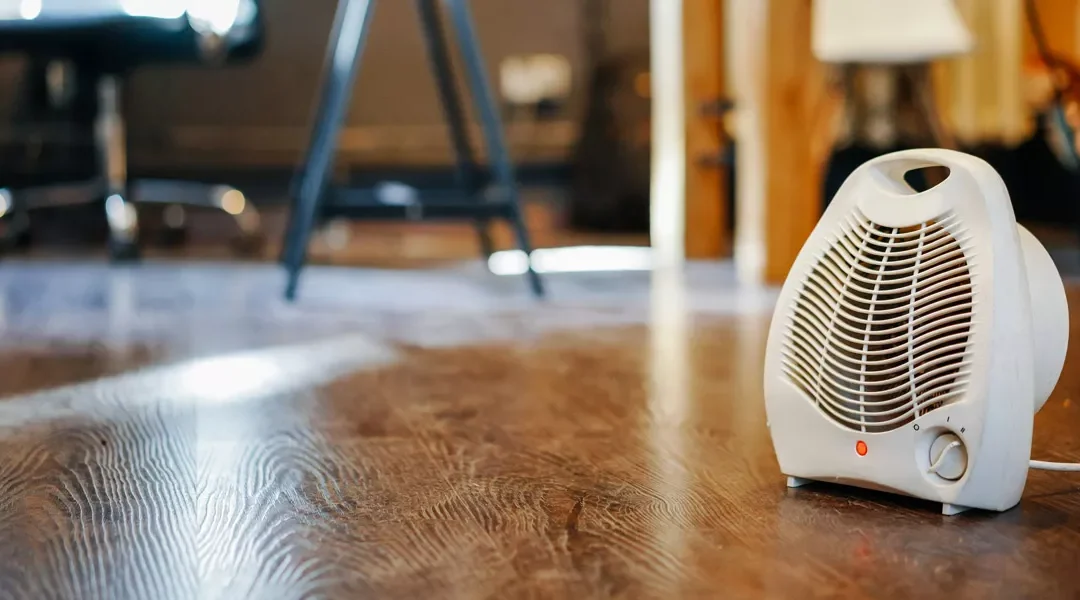Winter isn’t officially here yet, but the temperature is already dropping outside here in the Pacific Northwest, so it’s important that you take preventive measures now to ensure you don’t have a plumbing emergency later.
When temperatures drop below 32 degrees Fahrenheit, your pipes run the risk of freezing and bursting. And burst pipes can cause thousands of dollars in damage. Fortunately, you can help prevent pipe freeze using cheap and effective methods.
Use A Space Heater To Heat A Room
In addition to using pipe insulation, you can also heat a room with a space heater. Space heaters can cost as low as $20 or even less and are great for supplemental heat. Just be sure to plug it directly into an outlet. Don’t use an extension cord for safety precautions. We also don’t recommend you use a space heater in the bathroom.
Leave Cabinet Doors Open
For pipes located underneath sinks, it can be hard for heat to reach them. So open your cabinet doors to allow the heat to easily make contact with the pipes, preventing them from freezing.
Install Pipe Insulation
Pipes located in attics, basements, and garages are most at risk of freezing and bursting because they are in unheated areas. A quick and inexpensive way to help prevent pipe freeze is to wrap your pipes with pipe insulation. Pipe insulation runs about 50 cents per linear foot and is found at most home improvement stores.
Let Cold Water Drip From Your Faucets
While preparing for a cold snap, you can leave your faucets dripping water overnight. The continuous flow of water will help prevent pressure buildup and freezing.
Keep Your Garage Door Closed
Keep cold air away from the pipes in your garage by making sure your garage doors stay closed when not in use. You can also insulate your garage and install door drafts to really keep any cold air from seeping in.
Insulate Unheated Areas
In addition to insulating your garage, you can also insulate crawl spaces, attics, and basements. This includes sealing cracks around windows, doors, and in your foundation.
Maintain Your Thermostat Setting
To help prevent your pipes from freezing, we recommend you set your thermostat to at least 55° F, even if you’ll be going out of town.
Prevent Pipe Freeze
When water freezes it expands and if this happens inside of your pipes, this can cause them to break, leaving you with potentially expensive water damage. Pipes located in attics, basements, and garages are most at risk of freezing because those areas are unheated. These winterization tips will not only help prevent your pipes from freezing this winter but they will also help cut your energy costs.


